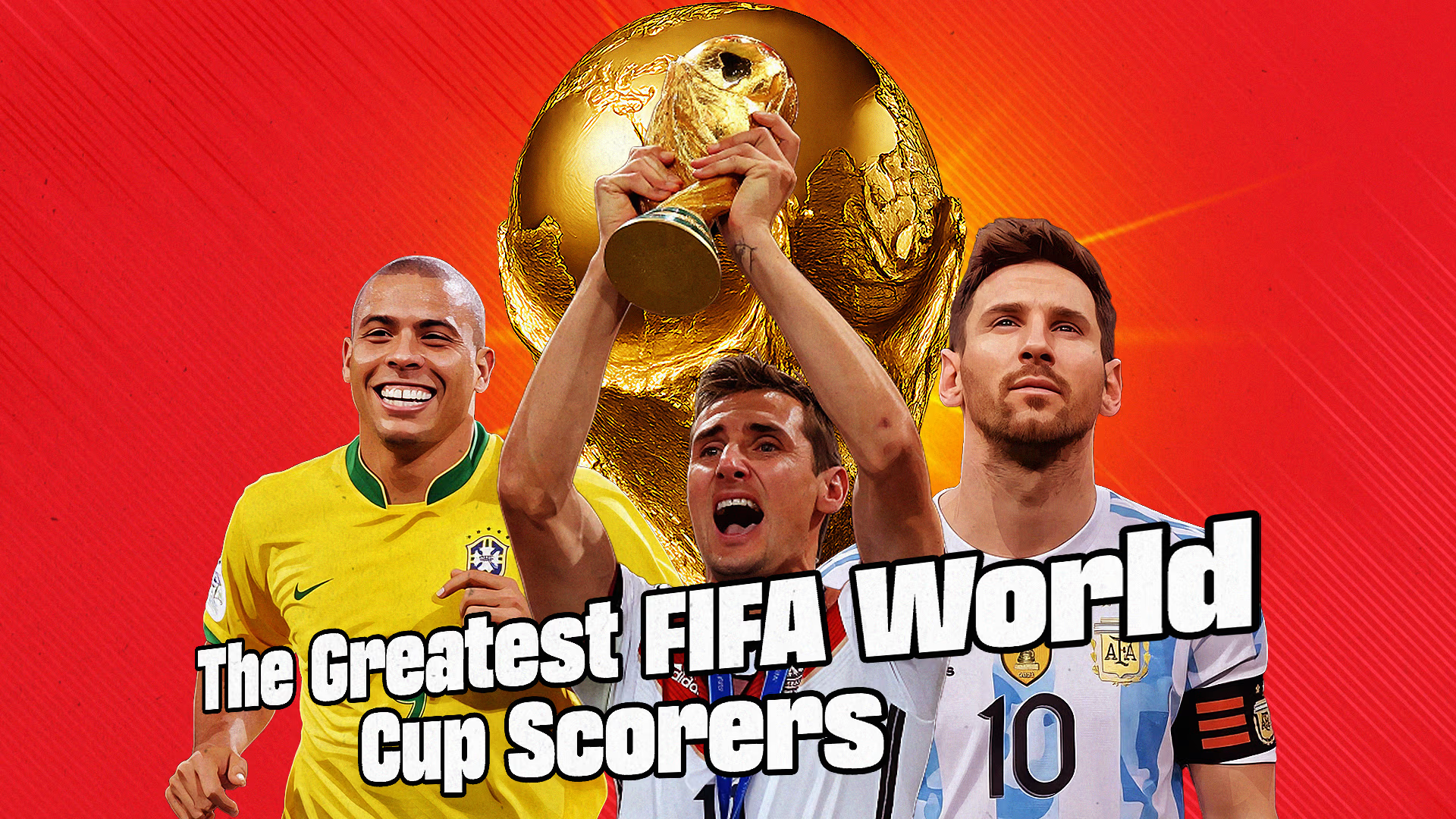
Pelé and Kylian Mbappé: The prodigy and the heir
Few duos could better define brilliance across generations. Pelé’s 12 goals across four World Cups came with exquisite skill and impact that changed the game forever. The Brazilian legend remains the youngest player to score, play, and net a hat-trick in a World Cup final, doing so at just 17 in 1958. By the time he lifted his third World Cup in 1970, he had also added six assists, which is incidentally the most ever recorded in a single tournament. Decades later, Kylian Mbappé emerged as the modern echo of Pelé’s legacy. He matched Pelé’s total of 12 goals in just two tournaments, thrilling with speed, precision, and confidence well beyond his years. From his four goals in 2018, where France lifted the trophy to his stunning eight-goal performance in 2022, including a hat-trick in the final, Mbappé has proven that he’s already among the World Cup’s elite. At only 26 heading into 2026, the record is within his reach.


Just Fontaine and Lionel Messi - The one-tournament wonder and the eternal genius
In 1958, Just Fontaine delivered a record that still stands unmatched: 13 goals in a single World Cup. The French striker scored in all six games, including a hat-trick and a four-goal masterclass against Germany. It was his only appearance at the tournament, yet it cemented his name in football history. Lionel Messi, on the other hand, needed patience. Across four tournaments, he had flickers of brilliance but missed the ultimate triumph, which came at last in Qatar in 2022. There, Messi scored seven goals, including twice in the final, leading Argentina to glory and equalling Fontaine’s tally of 13. It was the crowning moment of his career, confirming his place among the greatest, if not as the all-time best. Four of his goals came from penalties, but every strike carried the weight of the sport’s most complete stories.
Gerd Müller: A true striker
Germany’s “Der Bomber” needed just two tournaments to score 14 times. His ratio speaks volumes to say the least. At Mexico 1970, he struck ten goals, including back-to-back hat-tricks within three days. Four years later, he added four more, including the winner in the 1974 final against the Netherlands. Every one of Müller’s 14 goals came inside the penalty area, seven of them from within six yards. His movement, anticipation, and finishing instincts were unmatched. For decades, his record stood as the benchmark of pure goal-scoring efficiency, until a new generation of stars arrived to challenge it.


Ronaldo Nazário: A comeback like no other
Few players have defined resilience like Brazil’s Ronaldo. Across three World Cups, he scored 15 goals, and each one was a reminder of his unstoppable blend of power, pace, and precision. After heartbreak in the 1998 final, he roared back in 2002, winning the Golden Boot with eight goals and delivering a brace in the final against Germany. What made that performance remarkable was his journey back from a devastating knee injury that had threatened to end his career. In 2006, he added three more to surpass Gerd Müller’s record and briefly stand alone as the World Cup’s top scorer. Ronaldo wasn’t just a striker. Moreover, he was a symbol of redemption and greatness on the world’s biggest stage.
Miroslav Klose: The man at the top
No player has scored more World Cup goals than Miroslav Klose. Period. With 16 goals across four tournaments, the German forward redefined consistency. His journey began with a hat-trick on debut against Saudi Arabia in 2002 and ended in Brazil 2014, when he broke Ronaldo’s record in front of a watching Ronaldo himself. Klose’s goals weren’t marked by their outrageous finishes or last-moment winners. They were efficient, timely, and always for the team. He scored in every World Cup he played, won the Golden Boot in 2006, and lifted the trophy in 2014. With 16 goals from just 63 shots, his 25.4% conversion rate remains phenomenal. Klose may not have had the flair of Ronaldo or Messi, but he had something rarer, with his longevity, reliability, and a quiet excellence that defines true greatness.


A starry contest
Just behind them are legends who lit up the tournament in their own right: Jürgen Klinsmann and Sándor Kocsis have 11 to their name, while Helmut Rahn, Gabriel Batistuta, Gary Lineker, Thomas Müller, Grzegorz Lato, and Téofilo Cubillas - all have 10 each. As some of the biggest names today, led by Harry Kane, Cristiano Ronaldo, and likely Neymar too, eye the 2026 World Cup, one question remains - will anyone ever catch Klose?